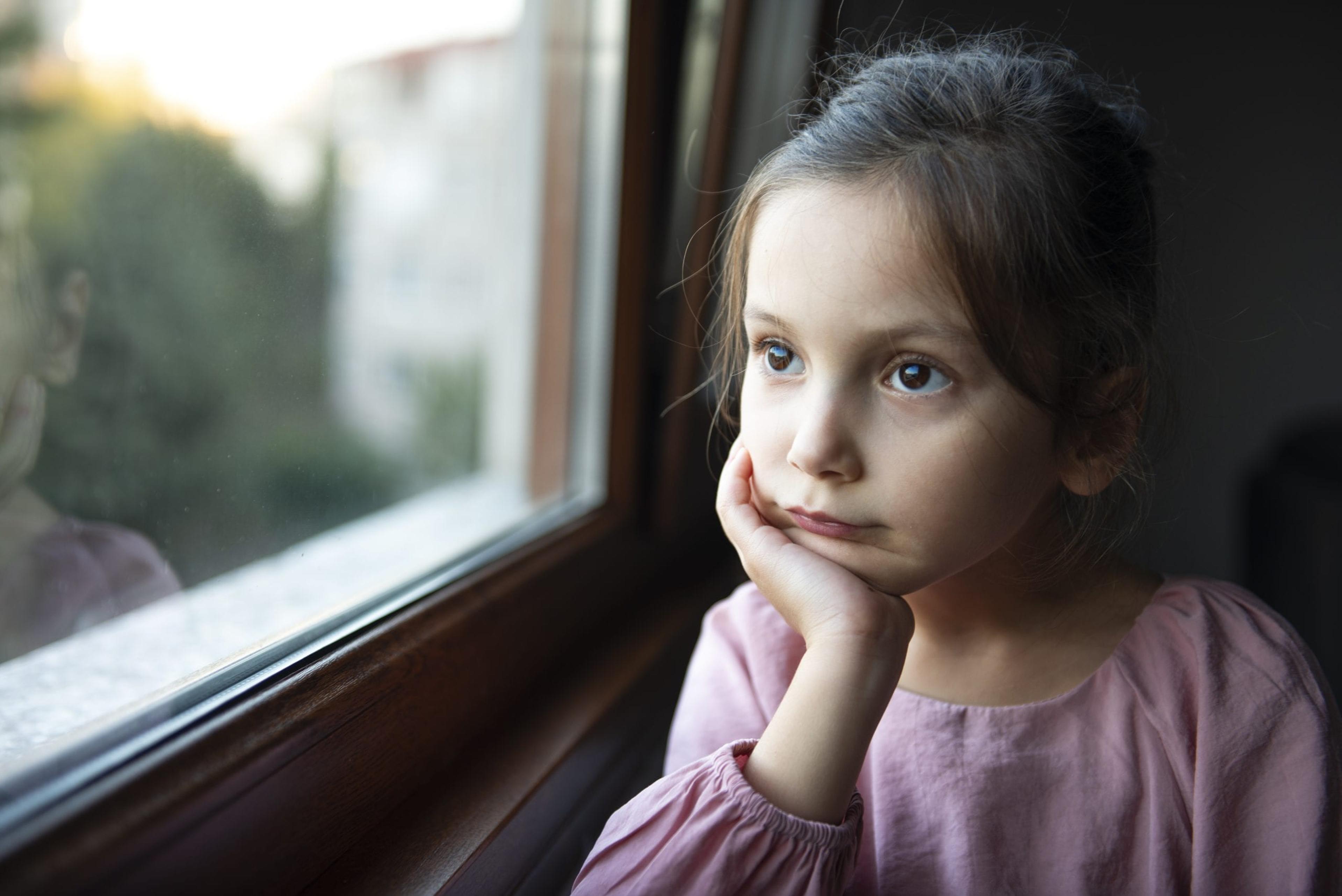Trauma on Trauma: U.P. Preschool Helps At-Risk Families During COVID-19
Julie Bitely
| 4 min read

When stay-at-home orders were enacted in March to stem the spread of COVID-19, parents were forced to make difficult choices and adjustments when it came to childcare and work. For children from at-risk backgrounds, school and daycare often provides a level of stability they might not be getting at home. Cheryl Mills, executive director and Head Start director for Baraga-Houghton-Keweenaw Child Development Board, Inc., was fearful for some of the kids her agency serves. “We have some heartbreaking stories,” she said, noting that many of the children served by BHK were already vulnerable. Adding a pandemic, which would likely mean additional household hardship through lost jobs, stress and food insecurity, wouldn’t help.
Serving families in need
Many of the families BHK serves in Michigan’s Upper Peninsula have incomes below 100% of the federal poverty level, with many helped by public assistance programs. Over the years, Mills and her staff had observed behavioral issues in some kids they believed were related to trauma. Two years ago, BHK Head Start sites started implementing the evidence-based, trauma-informed Watch Me Shine program, with the help of a Blue Cross Blue Shield of Michigan Foundation grant. Before the pandemic hit, more than 90 staff members – including teachers, assistant teachers, lunch aides and bus drivers – went through training to help them recognize signs of trauma in kids. About 30 children and their families signed on for more intensive help, including a child social-emotional assessment, followed by an individualized intervention plan. The strategies within the plan actively build children’s social and emotional skills and improve the abilities of children and adults to cope with, adapt to, and even prevent adversity in their lives. More children were identified but families opted not to participate. “For families to share that their child was in an environment that was adverse, and they may have played a part in that – that’s a hard conversation to have, especially for families in generationally adverse situations,” Mills said.
Filling the gaps during a pandemic
During COVID-19, support was provided to all BHK families. Food distribution was set up, weekly lesson plans were supplied and weekly touch bases were established between families and center staff. Mental health resources were supplied to families and staff, Mills said. Well-being bags were sent to families with dental hygiene and handwashing supplies, books and art materials. Families could even access Wi-Fi in the center’s parking lot if they needed it as a means to get information while adhering to social distancing guidelines. Contact information for mental health workers and family services agencies were also included. Tracking by BHK showed a 92% engagement rate of parents reaching out to the provided contacts. “They had people to call if they needed to,” Mills said. For Watch Me Shine families, more intensive follow-ups and contacts were initiated. Mills said many of the parents have experienced trauma of their own. A large part of breaking that generational trauma is showing parents how to interact with their children in healthy ways, to help them provide the emotional support for their kids that they might not have received when they were younger. “It’s intense work. I think teachers would tell you it’s exhausting work,” she said.
Trauma-informed care more important than ever
Kids returned to BHK in mid-July. Mills said having staff trained to recognize trauma is more important now than ever. She said once you put that lens on, it’s easier to shift from thinking of behavioral issues like acting out or being socially withdrawn as personality-driven. Instead, teachers dig into what a child might have been through and how it’s playing out in their behavior. The focus on social and emotional learning will continue well beyond the current pandemic, Mills said. Without that strong emotional foundation, it’s difficult for kids to focus on the fundamentals like learning their shapes and letters. “The other parts will come when they feel safe and secure,” she said. “The BCBSM Foundation believes that providing support for family behavioral health means addressing their trauma,” said Audrey Harvey, CEO and executive director, BCBSM Foundation. “This program was a key investment in the Upper Peninsula, helping to build trauma-informed environments and provide education and interventions to foster family resiliency.” Related:
Photo credit: solidcolours





